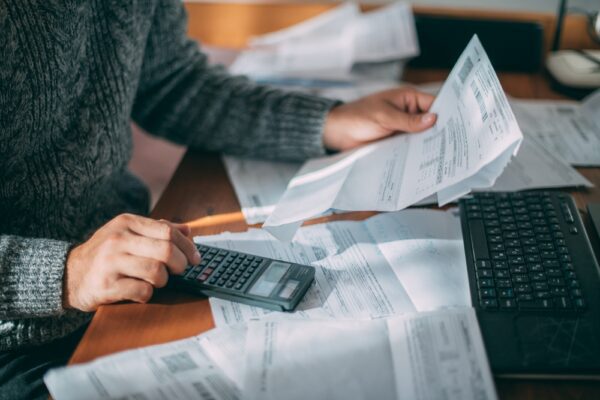
22 May 2024
Collecting debts
Although the economy seems to be picking up, in practice many invoices remain unpaid. Should that be the case, you will obviously want to take action to recover the outstanding amounts quickly.
What should you pay attention to when collecting debts?
- First of all, check your invoice. Nothing is more annoying than finding that the invoice you issued is incorrect and you need to amend it.
- Gather any other documentation to substantiate the debts. To collect debts, you must be able to prove that an agreement was made between you and the customer, that you delivered the agreed-upon performance and that the customer is obliged to pay for it. For example, the quotation, agreement, or delivery note. Correspondence between the parties via e-mail or WhatsApp is also always useful.
- Check whether the payment deadline on the invoice has been exceeded. If you have not agreed on a term of payment, the statutory term of 30 days from the invoice date or receipt of the performance applies.
No response to reminders requesting payment?
You should take further steps if there is no response to reminders. An attorney is often engaged at this point. There are several legal steps you can take, which we can advise you on.
First of all, you can start proceedings in court. The attorney will draft a writ of summons, which will initiate the proceedings. The court will assess the debts and give a ruling. You can have this ruling enforced by the bailiff.
Prior to the proceedings, you can also have a prejudgement attachment levied. An application will be prepared to obtain leave to levy the attachment. This can be used to attach a bank account or home to secure the outstanding amounts. If a ruling is given in the proceedings as mentioned above, then at least there is recourse. In this case, proceedings must always be initiated in court. Otherwise, the attachment will expire.
Petition for bankruptcy
In addition, there is always the petition for bankruptcy. If several creditors remain unpaid, it is possible to petition for bankruptcy. This is often used as leverage in the hope that the customer will pay quickly. Bankruptcy does mean the end of the company. If bankruptcy is declared, the chance of you getting your money is slim.
More information
It is therefore important to make a good choice. Do you want to recover outstanding amounts and need legal advice or assistance? Please do not hesitate to contact me.
1 July 2024
The Expedited Liquidation Transparency Act has entered into force
The Expedited Liquidation Transparency (Interim Measures) Act (Tijdelijke wet transparantie turboliquidatie) entered into force on 15 November 2023.
Read more
22 May 2024
Collecting debts
Although the economy seems to be picking up, in practice many invoices remain unpaid. Should that be the case, you will obviously want to take action to recover the outstanding amounts quickly.
Read more
15 April 2024
Please note: limits have been placed on expedited liquidations
An ‘expedited liquidation’ is a relatively quick and simple procedure to dissolve a legal entity. This changed on 15 November 2023.
Read more
